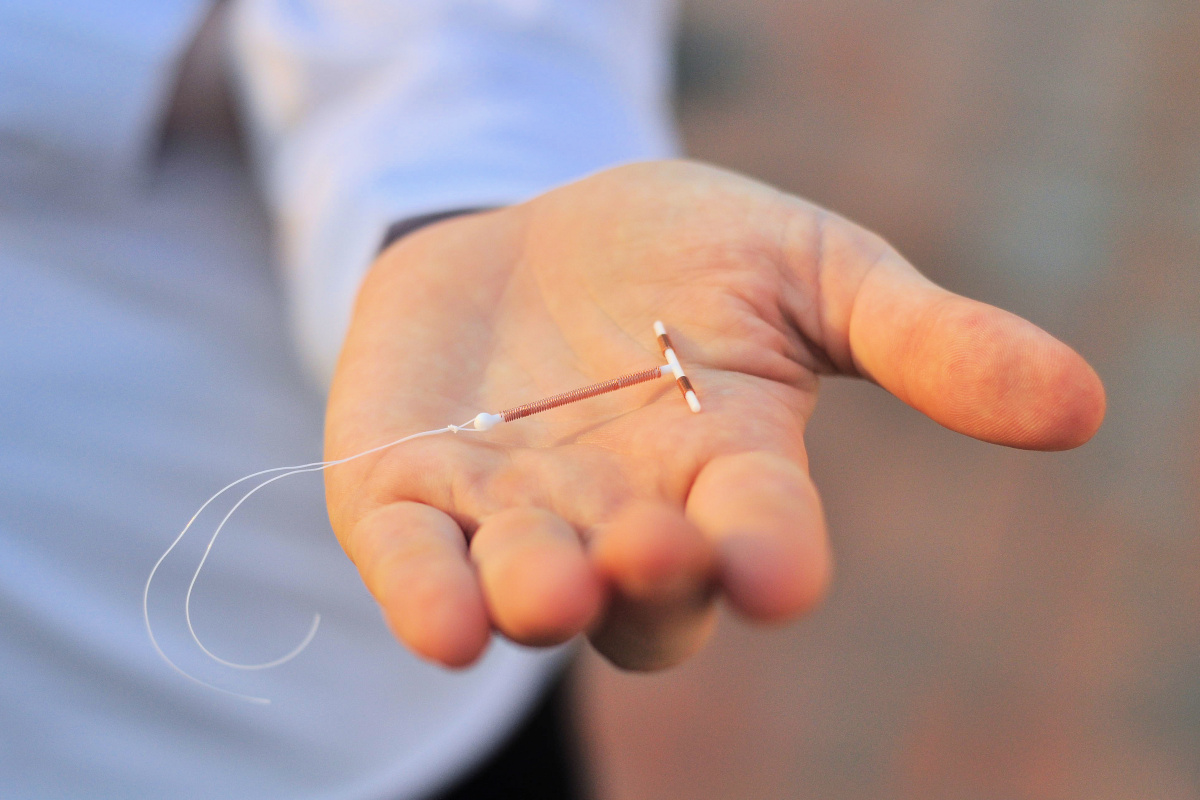When the federal carbon tax came into effect on Monday, it likely overshadowed another major change set to affect young Ontarians.

In January, the Ontario government announced rule changes to OHIP+, which covers the cost of prescription drugs in the province for those under the age of 24. The announced changes, which took effect on April 1, mean that those whose parents have a private health-care plan are no longer eligible to receive the government funding.
READ MORE: Ontario Health super agency to co-ordinate provincial health-care system
Lyndsey Butcher, executive director of SHORE Centre in Kitchener (formerly Planned Parenthood), says the rule change could have definite effects on those under the age of 24 who are in need of birth control.
“We have a few concerns,” Butcher told Global News. “The main one is for teenagers, which is how their birth control will show up on their parent’s statement instead of it being private and confidential.
“Some teenagers, in the past, wouldn’t fill their birth control prescriptions because they were afraid their parents would find out.”

Get weekly health news
Butcher says the centre would look for alternative options such as samples but that that is not a long-term solution.
She adds that the most effective form of birth control is an intrauterine device, or IUD, but these come with a heavy upfront cost.
“Many private plans don’t cover IUDs or at least don’t cover it 100 per cent, and they are quite costly,” she explained. “Even if you have a good plan that covers about 80 per cent, you‘d have to pay $80 out of pocket, which is quite a lot for a young person to cover. And for plans that don’t cover it, that’s $415.”
READ MORE: Health minister says ‘action’ is needed but vague on how to stop crooked pharmacists
A spokesperson for the Ministry of Health told Global News that the province will not be covering these costs for those whose parents have a private health insurance plan.
“Children and youth 24 years of age and under who have a private plan will not be eligible for OHIP+ regardless of whether there is a co-payment, deductible, premium, annual maximum or if the particular drug sought is covered,” the spokesperson explained.
Butcher says many of SHORE Centre’s patients have been on other forms of birth control, such as the pill, which has failed them. She says that the IUD is the most effective method of contraception but “because of the cost for a lot of them, it won’t be on the table anymore.”
READ MORE: Public Health reveals 629 Ontarians died from opioid overdoses in first six months last year
The new legislation reverses changes made by the previous Liberal government in January 2018.
“We would go through all of the birth control with the patient, and they would be leaning towards an IUD and then when we got to the cost part, before OHIP+, they would just say: ‘That’s just not an option for me,’” she said. “When OHIP+ came in, that was certainly one of the top choices they would pick.”








Comments
Want to discuss? Please read our Commenting Policy first.